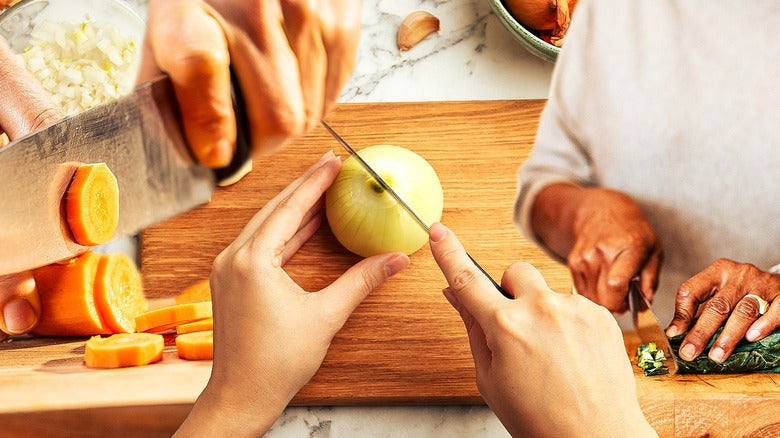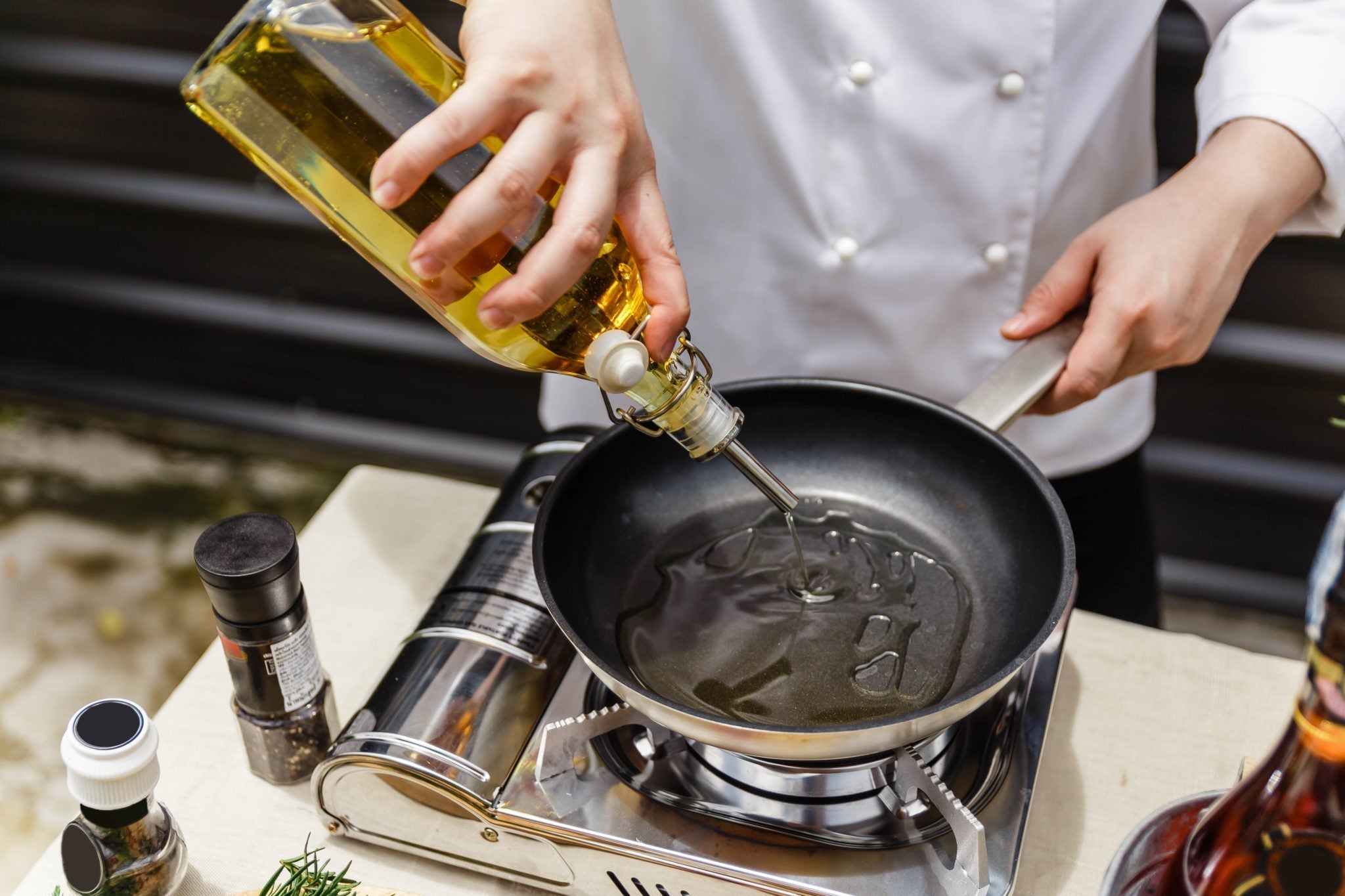When it comes to choosing the right cookware for your kitchen, it is essential to know how to tell the difference between cast iron and steel. Both materials are prevalent among professional chefs and home cooks alike, but each has its distinct characteristics, benefits, and downsides. By understanding these differences, kitchen professionals can make informed decisions that enhance their culinary creations.
In this article, we will delve deeply into the world of cast iron and steel, exploring their unique properties, profiles, and how to determine which is best suited for your cooking tasks. As someone familiar with the kitchen environment, you'll greatly benefit from this detailed guide.

Understanding the Basics of Cast Iron and Steel
Before we dive into the specifics of how to tell the difference between cast iron and steel, let's start with a basic overview.
What is Cast Iron?
Cast iron is an iron-carbon alloy known for its excellent heat retention and distribution properties. It often comes with a distinctive rough texture and is typically used in cookware such as skillets, dutch ovens, and griddles. Cast iron can last for generations if properly maintained, thanks to its durability.
What is Steel?
On the other hand, steel is an alloy of iron and carbon but differs from cast iron in composition and manufacturing. Steel products are generally lighter, more flexible, and capable of withstanding high temperatures without warping. Cookware made from steel often includes frying pans and stock pots.
Characteristics That Differentiate Cast Iron from Steel
Weight and Density
One of the most noticeable differences is weight. Cast iron is notably heavier than steel. When you lift a cast iron skillet compared to a steel one of equal size, you will immediately feel the disparity. This characteristic influences not only the cooking process but also your comfort while handling them.
Heat Retention
When cooking, the ability to retain and evenly distribute heat is crucial. Cast iron excels in this area, slowly heating up and maintaining a consistent temperature. Steel, being lighter and less dense, heats up quickly but doesn't hold heat as effectively. This trait can significantly affect your cooking results.
Surface Characteristics
The surface of cast iron tends to be rough, and many products come pre-seasoned for a non-stick finish. On the flip side, steel cookware often has a smoother finish and may require seasoning for optimal performance.
Durability and Maintenance
Cast iron is known for its durability, standing the test of time when cared for properly. It's resistant to scratches and corrosion, although it can rust if not maintained correctly. Steel, while also durable, can be more susceptible to rust and scratches, thus requiring more care and attention.
Methods for Identifying Cast Iron vs. Steel
Now, let's explore practical methods you can use...
Visual Inspection
Look at the color and finish. Cast iron often has a darker, more matte appearance, while steel may look shinier. Additionally, check for any skillet markings that could signify the material type.
Magnet Test
A simple magnet can work wonders! Cast iron is typically magnetic, while some stainless steel types may not be, depending on their composition.
Heat Conductivity Test
If you can, conduct a heat test using both a cast iron and steel pan. Cast iron, due to its heat retention, will maintain a higher temperature longer than steel.
Cooking Applications
Understanding the specific applications can also guide your choice between cast iron and steel cookware.
Ideal Uses for Cast Iron
From slow-cooking stews to baking cornbread, cast iron is versatile. Its heat retention and ability to go from stovetop to oven make it indispensable.
When to Choose Steel
Steel is ideal for quick frying and sauting due to its rapid heating properties. It's valuable for tasks requiring swift temperature changes.
Additional Resources and Guides
For professionals looking to maintain cast iron skillets, check this cleaning guide. Also, find insight on using cast iron teapots effectively.

FAQs
1. Can cast iron cookware rust?
Yes, cast iron can rust if it is not maintained correctly, particularly if exposed to moisture.
2. Is steel cookware safe to use?
Yes, steel cookware is safe, provided it is of high quality and does not contain harmful chemicals.
3. How do I season my cast iron pans?
Seasoning involves applying a thin layer of oil and heating it, allowing the oil to penetrate the surface and create a non-stick finish.
This article contains affiliate links. We may earn a commission at no extra cost to you.






Leave a comment
This site is protected by hCaptcha and the hCaptcha Privacy Policy and Terms of Service apply.